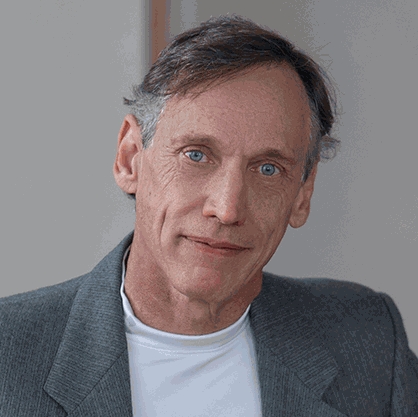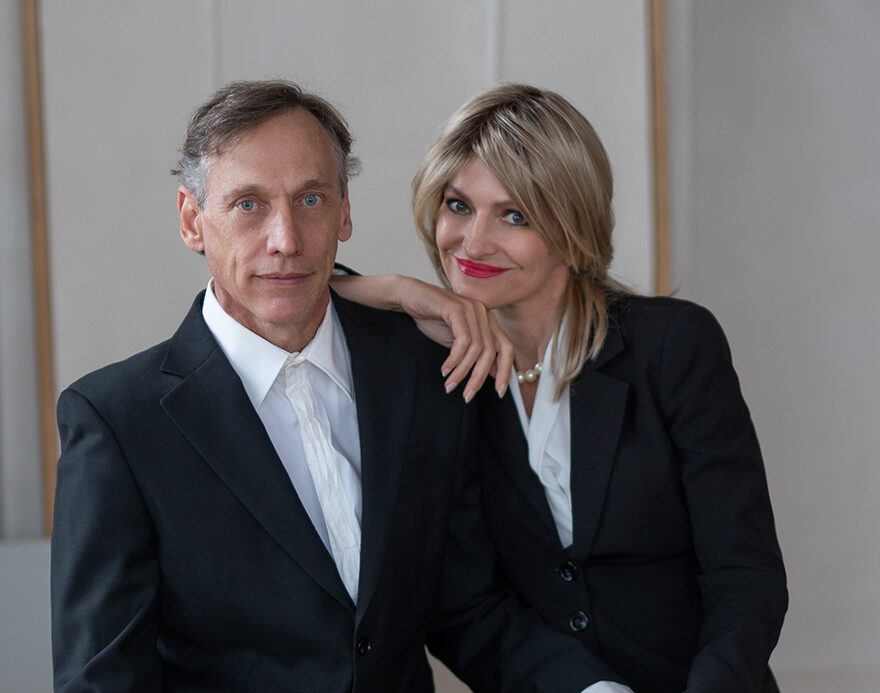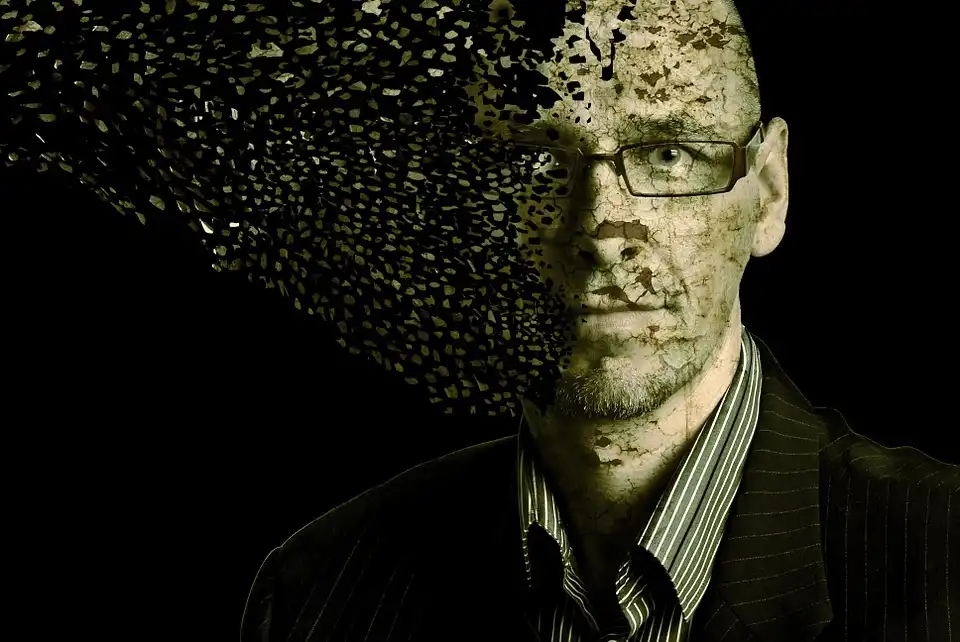The Mechanism of Personal Evolution
Every experience in our lives quite literally changes our concept of who we are. Personal evolution is really just the process of these incremental shifts in our “idea of ourselves” or identity, gradually evolving our understanding of who and what we truly are. Every new experience provides new information which in turn adjusts how we perceive ourselves and our relationship with the world around us. These changes in identification are continually occurring in every moment. Most are so minor as to be almost imperceptible, either chipping away at, or reinforcing some underlying foundational belief. When new information entirely disproves entire underlying beliefs, causing bigger shifts in our identity or “idea of ourselves”, the resulting change can be a very painful experience for the persona because it feels like its dying. Information which disrupts a belief that is foundational to our worldview can cause such large shifts in our identity that it can take some time for us to find our bearings and regain our footing in everyday realty. The more strongly we identify with our narrative, the more this kind of shift in identity can make us feel desperately lost and without anything to anchor to, as our identity dissolves and reforms around an updated set of information. The more we become aware that our identity is a fluid narrative that is constantly adapting and updating, the less stressful we find periods without much of an identity at all.
Why Big Shifts in Our Identity Feel So Uncomfortable
This process of our identity falling away and being reconstructed using new updated information is the origin of the dying daily concept in philosophy and mysticism. In western philosophy and mysticism these very large and painful shifts in identity have been described as a dark night of the soul. Although these experiences can be very uncomfortable while they’re occurring, they should not be feared or avoided because they represent quantum leaps forward in our personal evolution. If the condition of being uncertain about who we are endures for any length of time it can be very disconcerting, but don’t panic, our identity inevitably reforms itself around our updated set of beliefs and information. It can take a while to acclimatize, especially if the changes to our foundational understanding of ourselves were significant enough.
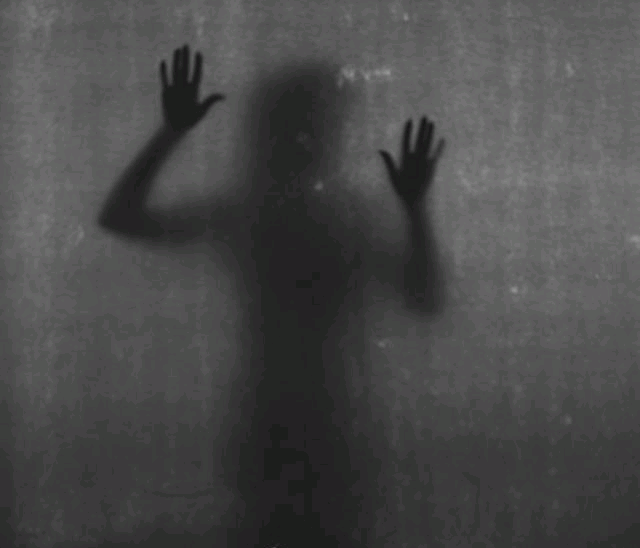
Roles, Masks, Narrative, Identity, and Self
Modern psychology acknowledges that our identity or “idea of ourselves” is a fiction, nothing more than a narrative that we construct with the help of our surrounding environment in order to make sense of our relationship with the world around us. Essentially a continuous egocentric story running in our mind. This narrative is a mask we wear either by default or by choice. We construct it from the raw material of our cultural, social and institutional roles and conditioning, the traits and qualities that we identify with, our habits and behaviors, our interests and priorities, etc. etc. Its essentially a mash-up of the various narratives we create and the roles we play. But roles come and go, they do not define who we truly are. The more rigidly and inflexibly we identify with one specific narrative the more that identity becomes our prison. As our concept of self evolves, our identification with our narrative becomes looser and more flexible, because we understand that it is ultimately just a story that doesn’t define us any more than the clothes we are wearing. At this point our identity narrative becomes our playground, our day to day roles in life feel less like an obligation or a hindrance, and we start having more fun with life.
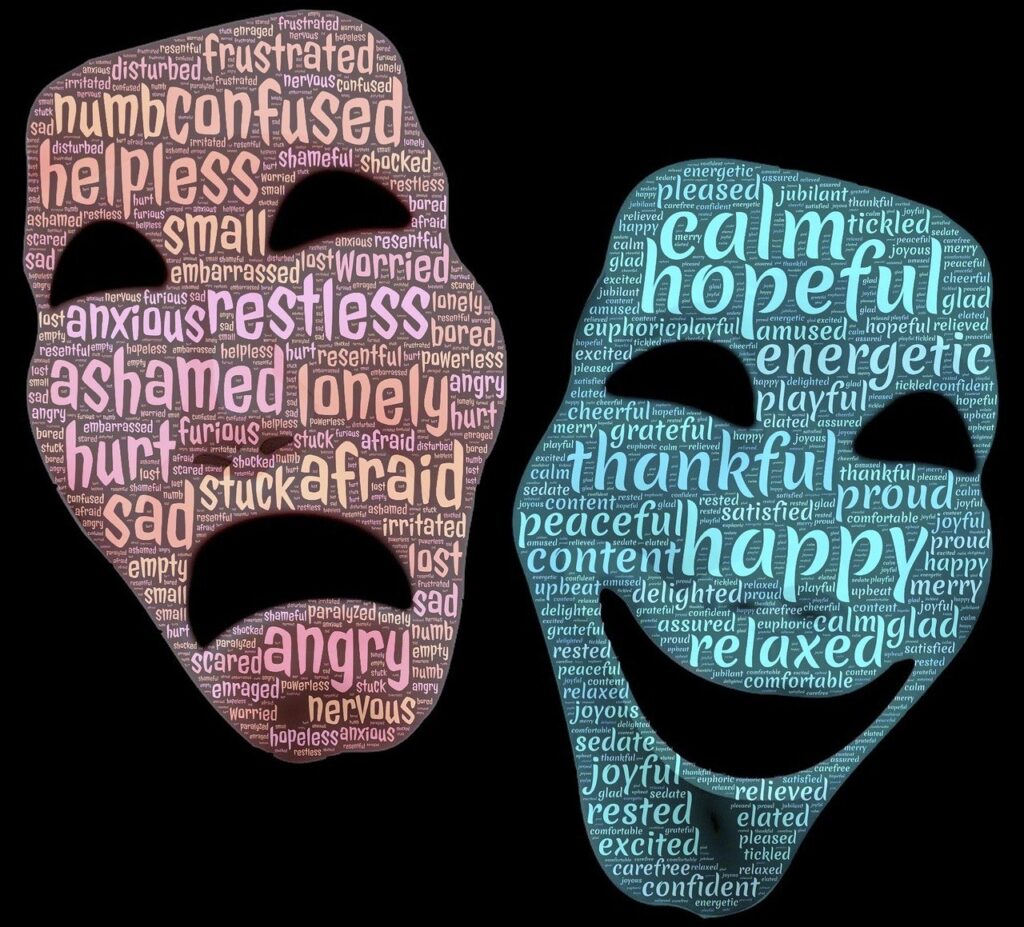
Personal Evolution Beyond Our Superficial Identity
Who am I, really? Eastern and Western mystic traditions both point to something beyond our physical and mental existence, a non-local awareness that is eternal, unchanging, and permeates everything as the source of our being. Society in general does not assign much value to the exploration of this aspect of ourselves. Those who do desire to deeply explore our true nature clearly need to detach from all the cultural, social and institutional beliefs, narratives about roles, habits and behaviors, and even identification as the physical body or the mind. None of which define who we truly are. They should probably avoid the many myths, fantasies and fairy-tales of consumer spirituality and formal religion too. Personal evolution requires critical thinking and asking the right questions.
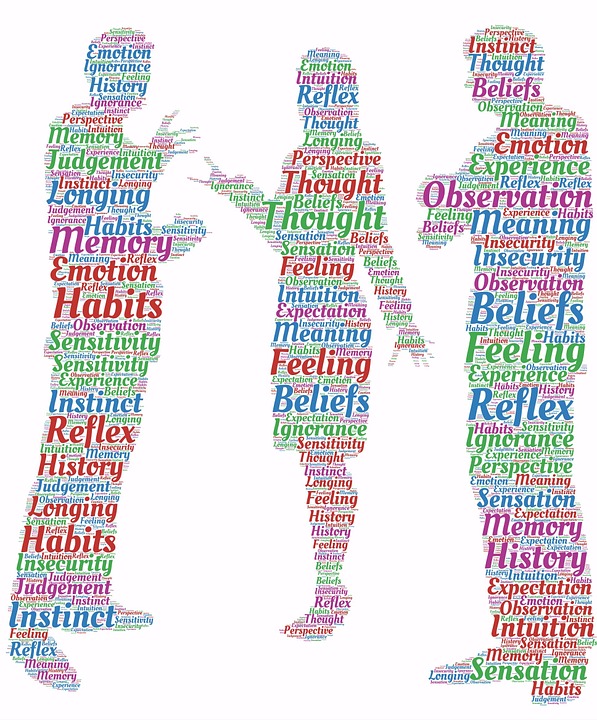
You Are Not Your Mind!
Any mental process that you are able to step back and observe directly as it unfolds in your mind is obviously not who you are, but rather just a process happening within you. This is an important distinction to make when asking “who am I?” as it excludes our thoughts, ideas, beliefs, emotions, feelings, etc. from our concept of identity. That pretty much leaves us with a sense of being and pure awareness. Enlightened sages agree that we are unable to define exactly what we are, but we can certainly strip away everything that we are not.
The Goal is Not to Try to Destroy the Ego, Nor is it to Fortify it
When it comes to personal evolution and the ego, the goal is not to try and destroy or get rid of that part of our identity, but nor should we allow the ego to fortify itself as a controlling influence. The goal is simply to displace the ego from being in control, to dissolve our delusion that this part of our identity is who we really are, and the only way we can achieve that is by using our narrative. Misinterpretation, misunderstanding and misrepresentation of the ultimate goal of Eastern and Western mysticism has actually led many people astray, guiding them to seeking permanence in their fictional identity narrative. An entire new-age movement sprang up to pander to this idea. But how can a fiction ever wake up or become enlightened? Do you see the ridiculousness of that idea? The narrative we constructed about who we are will always remain just a narrative. The only waking up that can happen is for awareness itself to wake up to the fact that the entire narrative about who we are is a fiction. The freedom afforded by this realization include the falling away of attachments, and the ability to fluidly choose a mask or play a role appropriate for our situation or circumstances without permanently identifying with it.
Its worth noting that, for the vast majority of those who experience such mystical shifts in identity, it is a gradual process involving many incremental realizations and peek experiences, and not a sudden, complete and permanent transformation of the identity. While we are living human beings, there will always be a flip-flopping between the ego/persona identity state and the deeper awareness of not just being part of the whole, but being an direct expression of it and containing it's entirety. There's no permanent state of "enlightenment" as promoted by deluded new-agey charlatans looking to sell you a fantasy.
